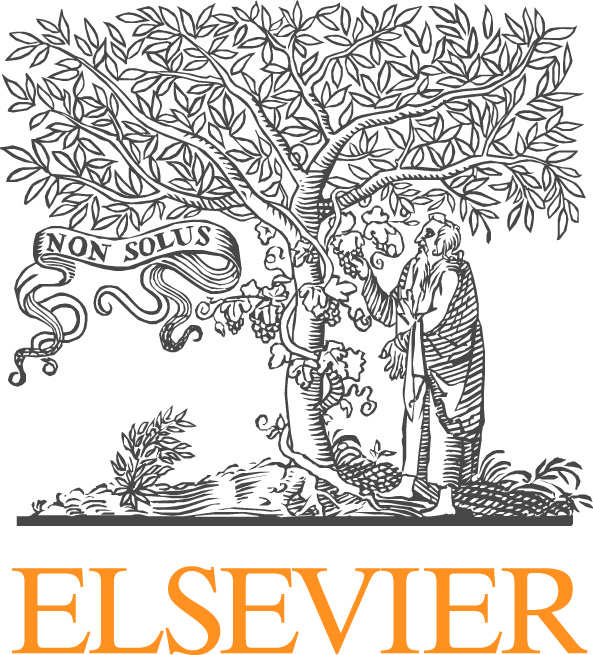
Shortcourse: The Hybridizable Discontinuous Galerkin Methods
Instructor: Bernardo Cockburn (University of Minnesota)
The hybridizable discontinuous Galerkin (HDG) methods are a relatively recent class of discontinuous Galerkin methods devised with the specific goal of trying to minimize the number of globally-coupled degrees of freedom. They are thus more efficiently implementable than any other DG method; moreover, they can also be more accurate. The main objective of the short course is to provide the basic idea for devising these methods for general initial-boundary-value problems for partial differential equations.
We begin in the framework of steady-state diffusion and show that the methods can be implemented by using a generalization of the well known static condensation technique. We then establish links between the HDG methods and the classical mixed methods, the continuous Galerkin methods and the finite volume methods. Finally, we describe the stabilization mechanism of the methods, give an interpretation of the role of the so-called stabilization function, and discuss their convergence and superconvergence (in unstructured meshes) properties.
We then review the extension of the methods to a variety of situations of practical interest including linear and nonlinear convection-diffusion, wave propagation, linear and nonlinear elasticity, and incompressible and compressible fluid flow.
We begin in the framework of steady-state diffusion and show that the methods can be implemented by using a generalization of the well known static condensation technique. We then establish links between the HDG methods and the classical mixed methods, the continuous Galerkin methods and the finite volume methods. Finally, we describe the stabilization mechanism of the methods, give an interpretation of the role of the so-called stabilization function, and discuss their convergence and superconvergence (in unstructured meshes) properties.
We then review the extension of the methods to a variety of situations of practical interest including linear and nonlinear convection-diffusion, wave propagation, linear and nonlinear elasticity, and incompressible and compressible fluid flow.










